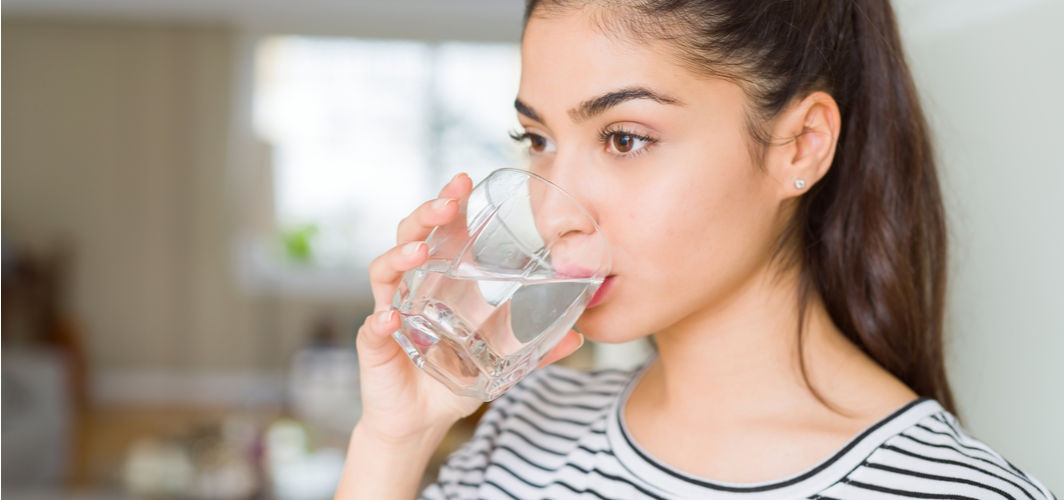Diabetes Management
Are Peanuts Good For Diabetes?
1 min read
By Apollo 24|7, Published on - 12 July 2024
Share this article
0
0 like
.jpg?tr=q-80)
Can you enjoy peanuts if you are managing diabetes? Many diabetic individuals often find themselves second-guessing their diet choices. Well, we have some good news. You can certainly enjoy peanuts while keeping your blood sugar levels in check.
Benefits of Peanuts in Managing Diabetes
Peanuts, with a low glycaemic index of 15, do not cause a significant hike in blood sugar levels. Research reveals that peanuts and peanut butter may help control blood sugar, promote weight loss, and reduce cardiovascular disease risk in individuals with type 2 diabetes.
How to Incorporate Peanuts in a Diabetic Diet
For individuals managing diabetes, the recommended serving size is approximately 28 grams per day. Opt for plain, unsalted peanuts or natural peanut butter without added sugars or oils. You can pair peanuts with high-fiber, low-carb foods like vegetables to slow down carbohydrate absorption. However, avoid peanut-based snacks like cookies and candies which are high in added sugars and unhealthy fats.
Understanding the Nutritional Breakdown of Peanuts
Peanuts are rich in fiber, protein, healthy fats, and magnesium, all of which aid in managing diabetes. However, while peanuts offer several health benefits for diabetic individuals, it is essential to monitor portion sizes and blood sugar responses. Despite their high nutritional value, due to their high fat and calorie content, peanuts should be consumed in moderation as part of a balanced diet.
To ensure effective management of diabetes, consider enrolling in the Apollo Super 6 program. Developed by the doctors at Apollo in India, this program provides personalized support to help manage type 2 diabetes through lifestyle changes and increased physical activity. With free lifelong access to diabetes management tools and dedicated coaches providing ongoing support, you can take a step towards a healthier lifestyle.
Diabetes Management
Consult Top Diabetologists
View AllLeave Comment
Recommended for you

Diabetes Management
Diabetes and Skin problems: Keep Them at Bay
People with diabetes may experience various skin problems, like darkening of the skin (acanthosis nigricans) in areas like the neck, armpits, and groin; painless patches on the skin (diabetic dermopathy) typically found on the legs; and stiffening of the digits (digital sclerosis) affecting the fingers, toes, and hands. To keep these skin problems at bay, maintain good blood sugar control, practice proper hygiene, moisturize skin regularly, avoid scratching or picking at skin, wear breathable fabrics, and protect skin from excessive sun exposure.

Diabetes Management
How Can Sleep Apnea Affect Diabetes?
The relationship between sleep apnea and diabetes is a bi-directional one. Individuals with sleep apnea often experience interrupted breathing during sleep, leading to lower oxygen levels and increased stress on the body. This can worsen insulin resistance and blood sugar control. Conversely, unmanaged diabetes can increase the risk of sleep apnea. Therefore, it's crucial for those with diabetes to be aware of the potential connection and seek evaluation and treatment for sleep apnea if symptoms are present.
.jpg?tr=q-80)
Diabetes Management
Navigating Beverages and Blood Sugar Balance
Consumption of alcohol can disrupt blood sugar levels, leading to potentially dangerous scenarios for individuals with diabetes. Alcohol should be consumed with caution, and suitable alternatives like water, herbal teas, and unsweetened coffee can be beneficial for maintaining steady glucose levels. Regular monitoring of blood sugar is crucial when consuming alcoholic beverages.
Subscribe
Sign up for our free Health Library Daily Newsletter
Get doctor-approved health tips, news, and more.
Visual Stories

8 Fruits That are Incredibly Healthy for Diabetes
Tap to continue exploring
Recommended for you

Diabetes Management
Diabetes and Skin problems: Keep Them at Bay
People with diabetes may experience various skin problems, like darkening of the skin (acanthosis nigricans) in areas like the neck, armpits, and groin; painless patches on the skin (diabetic dermopathy) typically found on the legs; and stiffening of the digits (digital sclerosis) affecting the fingers, toes, and hands. To keep these skin problems at bay, maintain good blood sugar control, practice proper hygiene, moisturize skin regularly, avoid scratching or picking at skin, wear breathable fabrics, and protect skin from excessive sun exposure.

Diabetes Management
How Can Sleep Apnea Affect Diabetes?
The relationship between sleep apnea and diabetes is a bi-directional one. Individuals with sleep apnea often experience interrupted breathing during sleep, leading to lower oxygen levels and increased stress on the body. This can worsen insulin resistance and blood sugar control. Conversely, unmanaged diabetes can increase the risk of sleep apnea. Therefore, it's crucial for those with diabetes to be aware of the potential connection and seek evaluation and treatment for sleep apnea if symptoms are present.
.jpg?tr=q-80)
Diabetes Management
Navigating Beverages and Blood Sugar Balance
Consumption of alcohol can disrupt blood sugar levels, leading to potentially dangerous scenarios for individuals with diabetes. Alcohol should be consumed with caution, and suitable alternatives like water, herbal teas, and unsweetened coffee can be beneficial for maintaining steady glucose levels. Regular monitoring of blood sugar is crucial when consuming alcoholic beverages.


